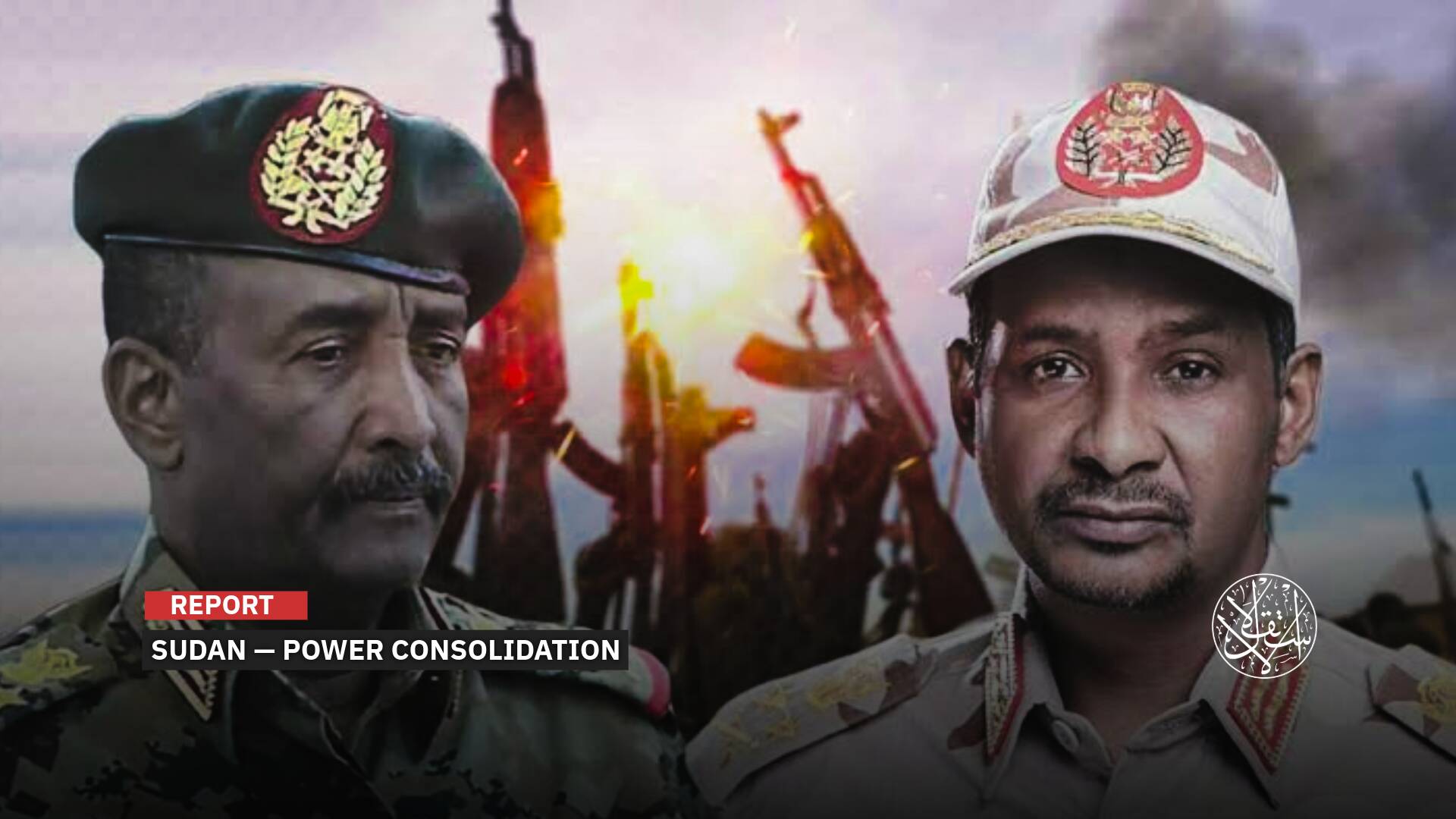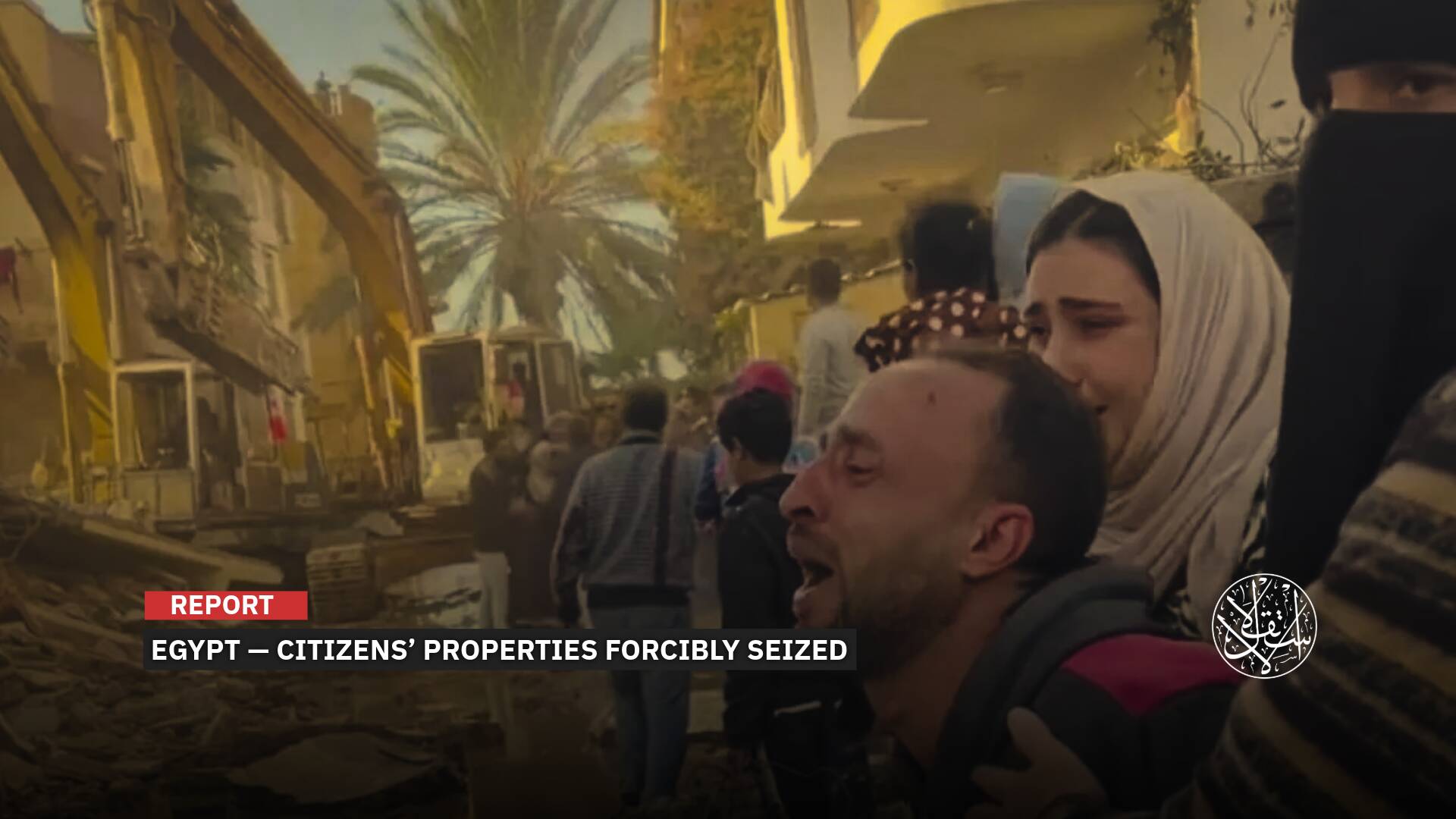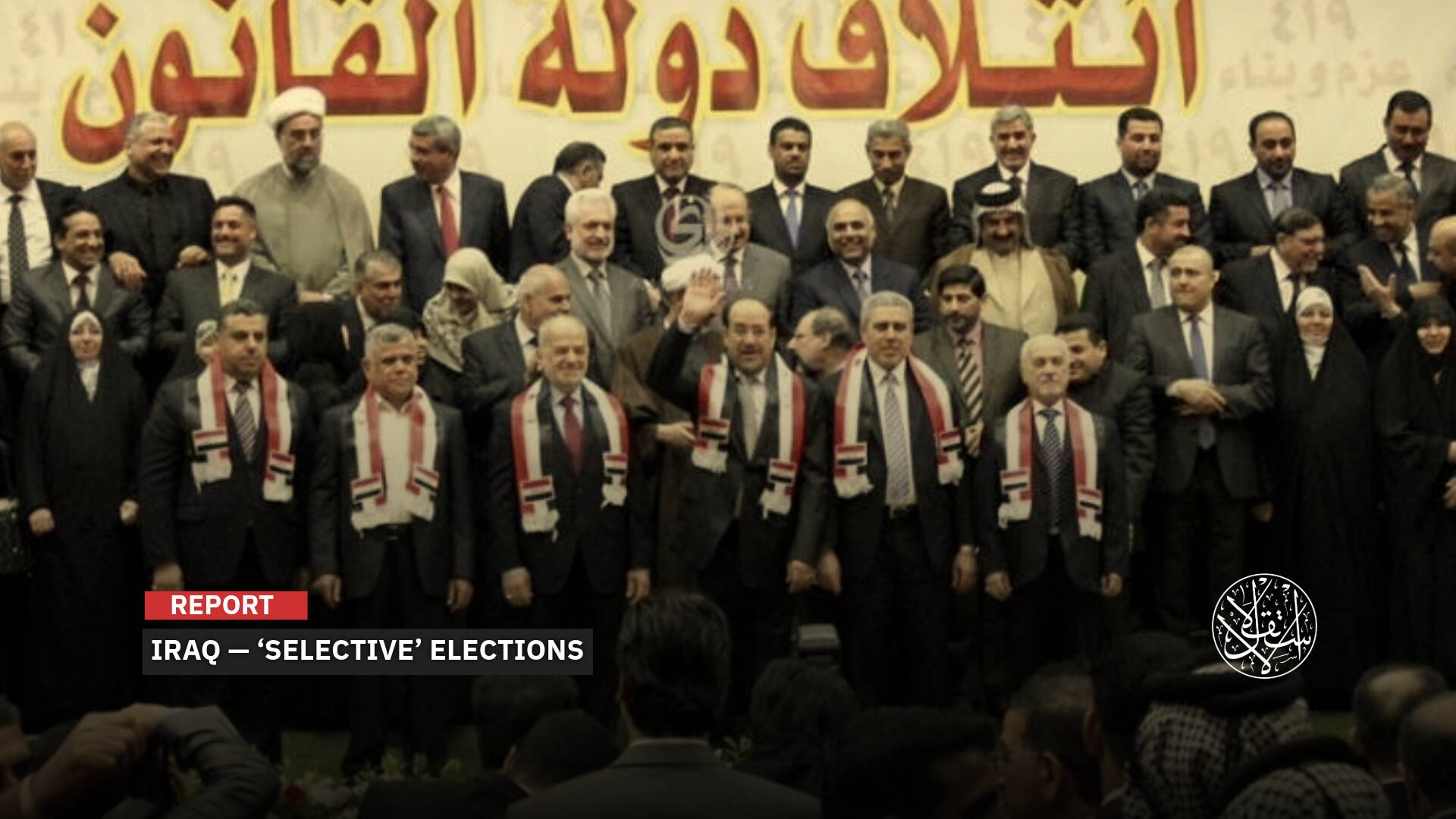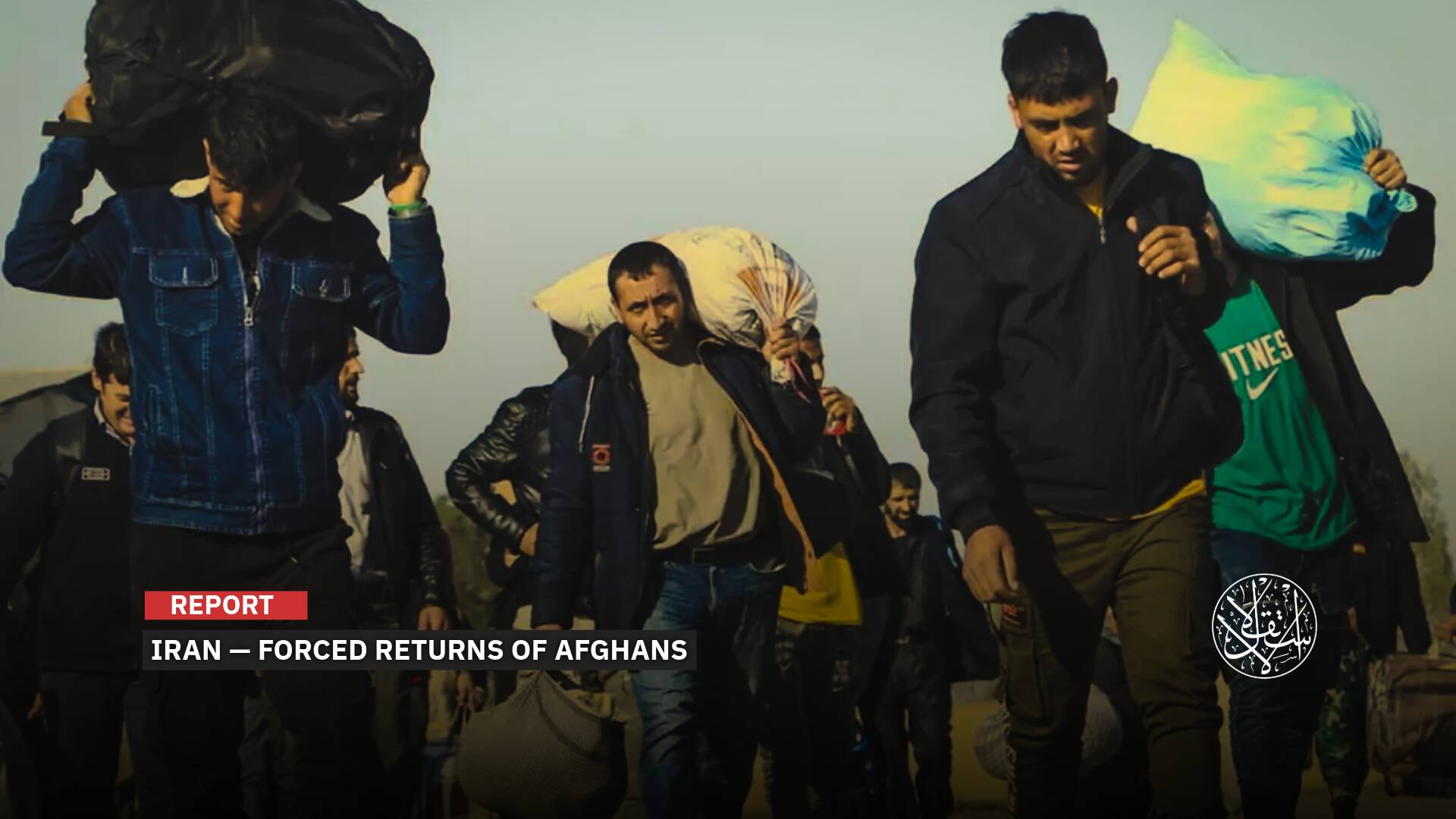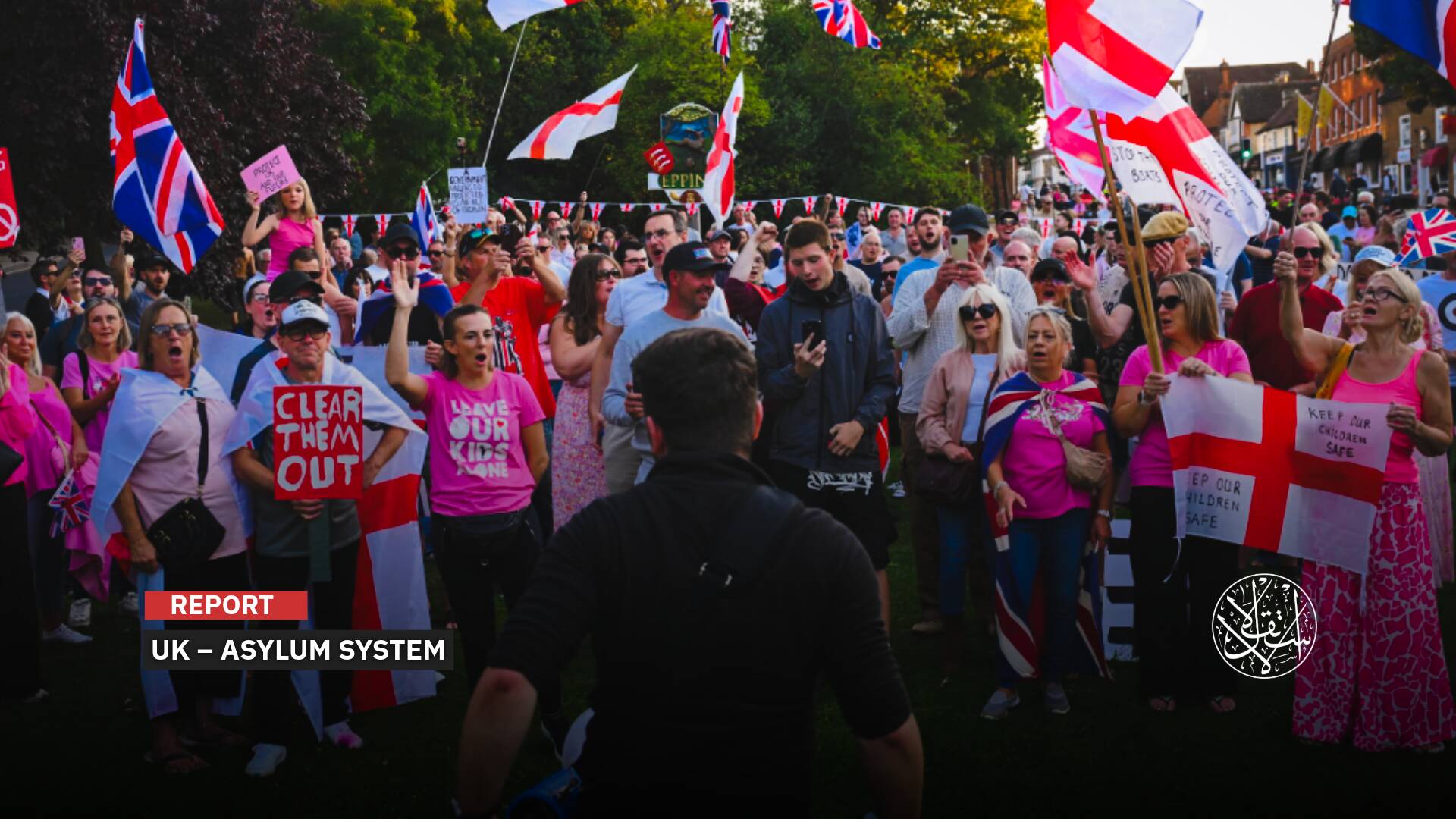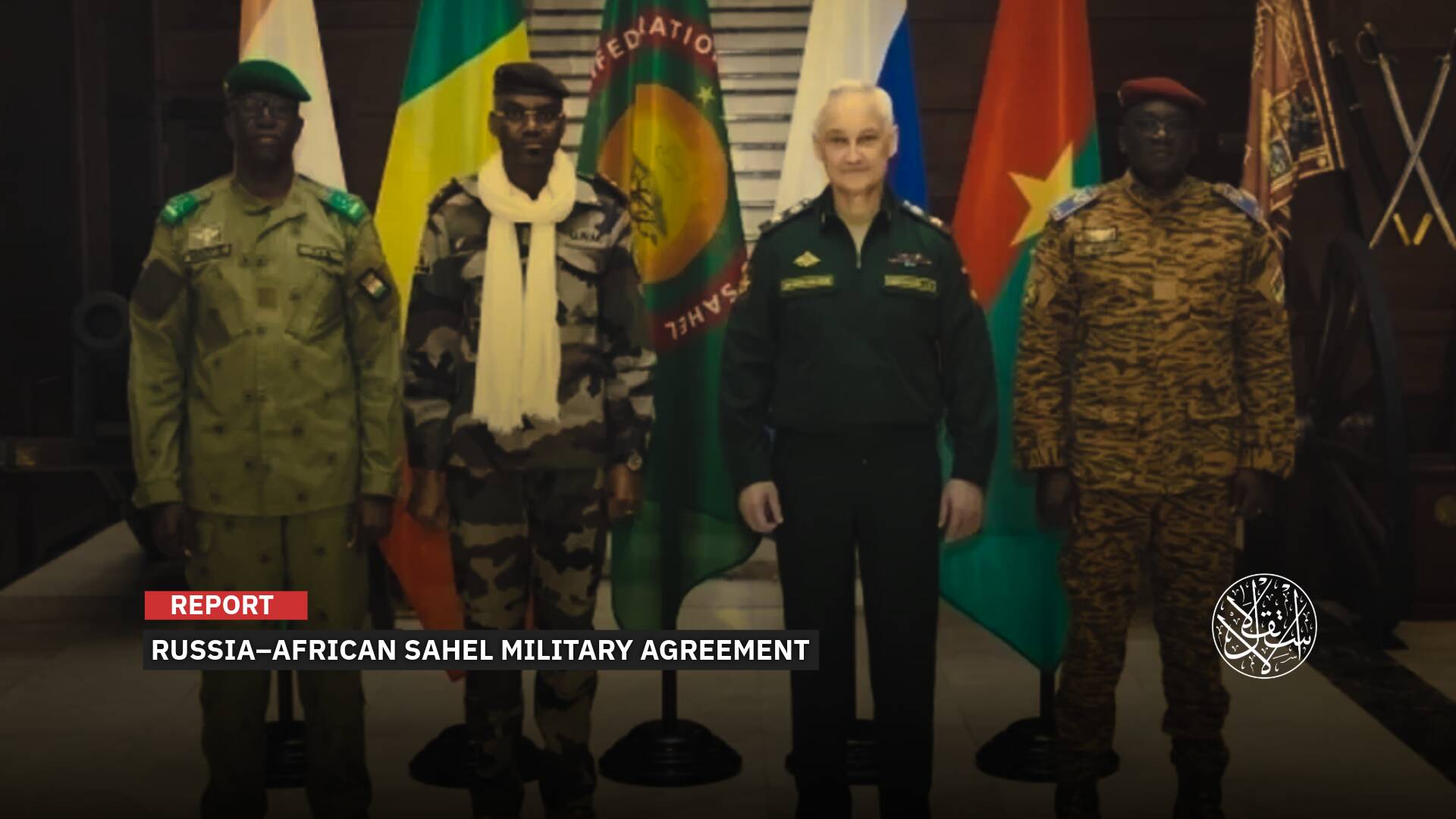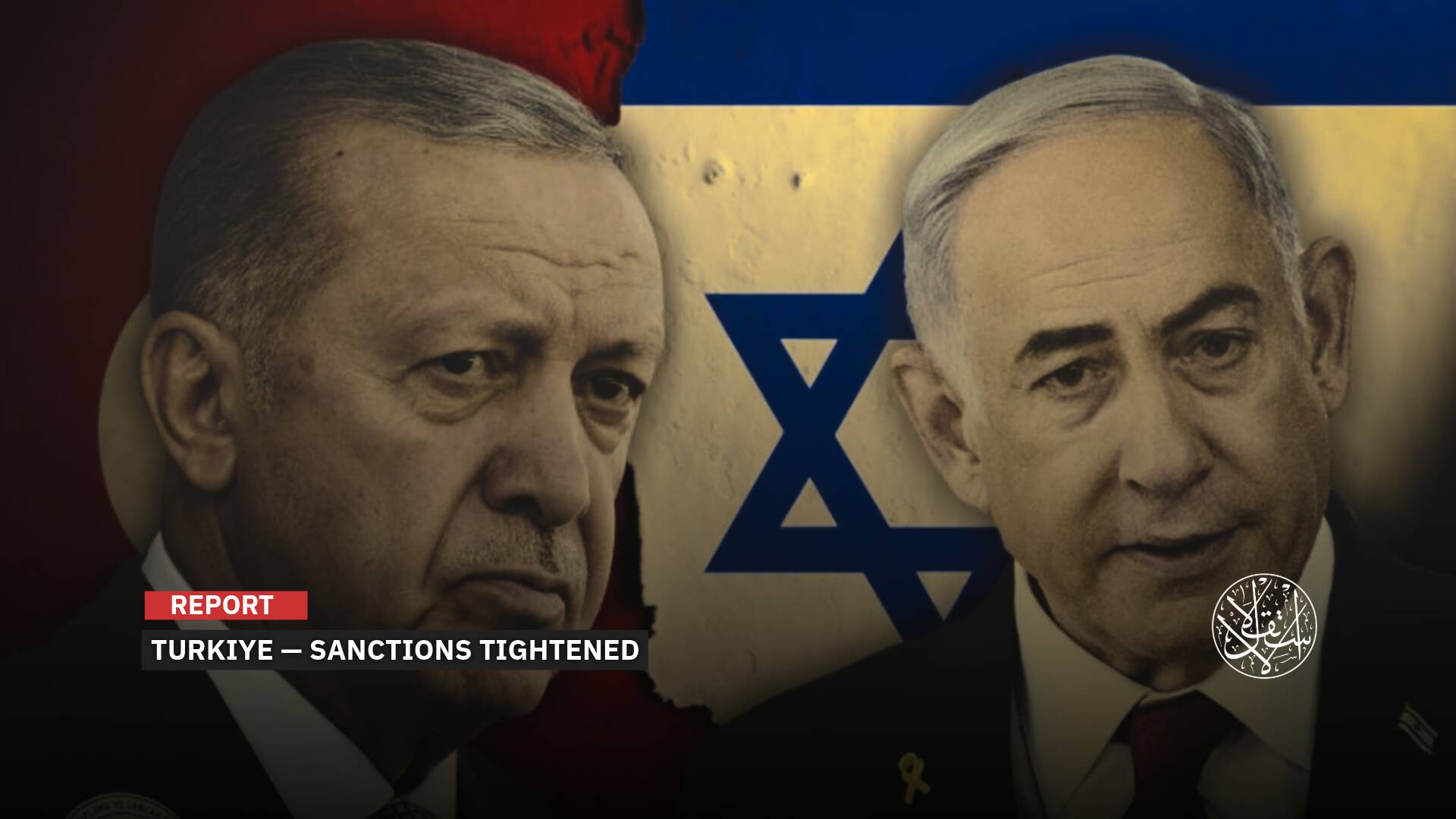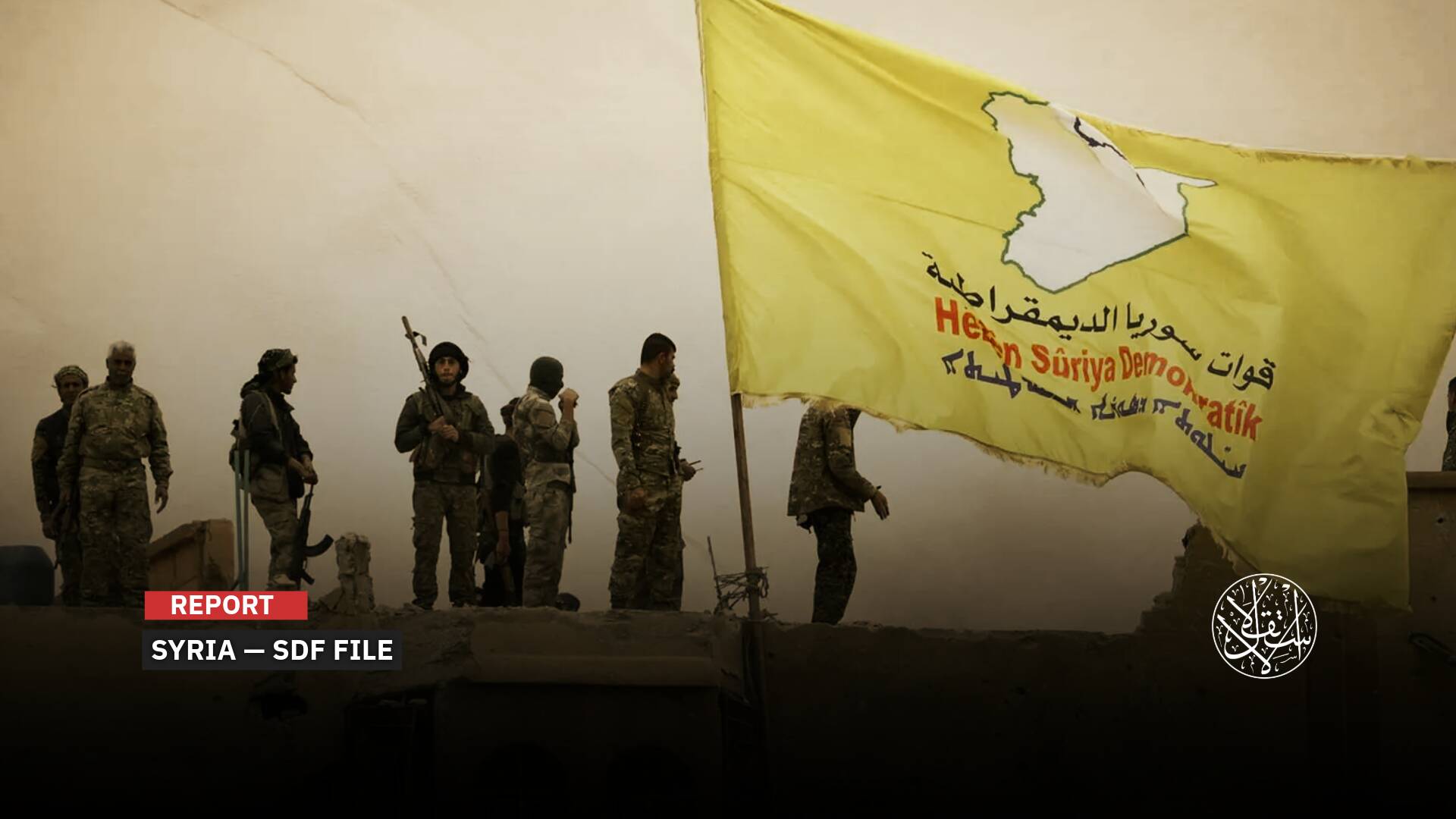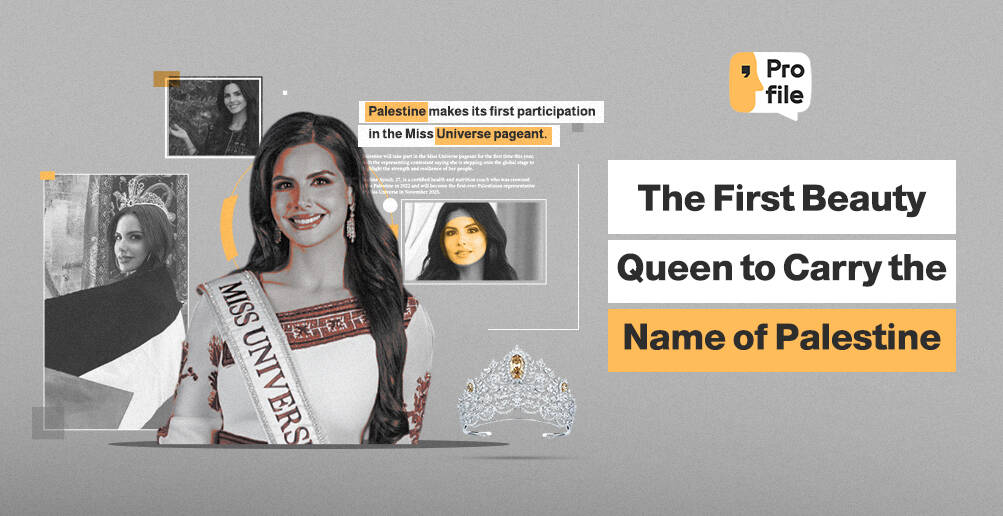Saudi Arabia Rejects Yemeni Leadership Council Reform Proposal: Fact or Fiction?
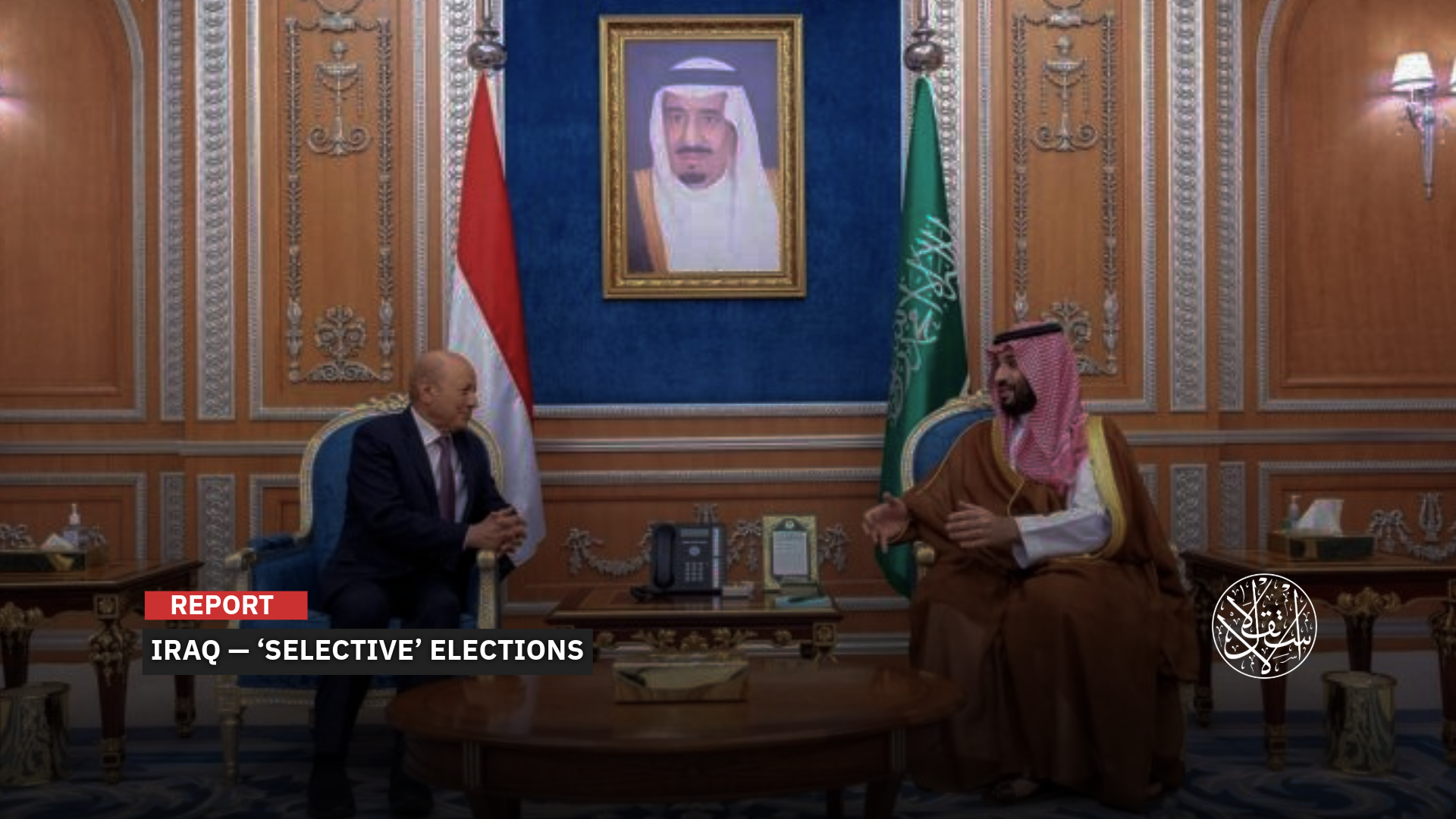
Reports of rifts within the Presidential Leadership Council are nothing new.
Yemeni media reports about a proposal put forward by parties aligned with the internationally recognized government to reform and restructure the Presidential Leadership Council, and Saudi Arabia’s rejection of it, have raised questions about the accuracy of the claims and the timing of the leak.
In early April 2022, former Yemeni president Abd Rabbuh Mansour Hadi transferred his full powers to the Presidential Leadership Council, while assigning the authority of the vice president to the council’s seven members.
The council, tasked with managing the state politically, militarily and in matters of security throughout the transitional phase, includes, alongside its chairman Sultan Ali al-Arada, Tareq Saleh, Abdul Rahman Abu Zara’a, Abdullah al-Alimi, Othman Mujalli, Aidarus al-Zubaidi, and Faraj al-Bahsani.
Vision for Reform
On August 26, 2025, several Yemeni outlets reported on a proposal to reform the Presidential Leadership Council, submitted by a number of Yemeni political groups to Saudi Arabia, regarded as the main sponsor of the internationally recognized government, but which was rejected by Riyadh.
khlaasa reported on August 26, citing unnamed political sources, that “the Saudi committee tasked with overseeing the Yemeni file, chaired by Defense Minister Khalid bin Salman, rejected a proposal presented by Yemeni parties under the umbrella of legitimacy to restructure the Presidential Leadership Council.”
The report said the proposal had been submitted to Saudi Arabia nearly two months earlier and included suggestions to reform the council by establishing a list of powers and responsibilities, in an effort to address divisions among its members that have prevented it from convening for almost a year.
According to the site, “the Saudi side rejected the proposal and asked the parties who signed it to prove their political presence and public support inside the country, and to rally popular backing for their suggestions,” noting that “the document made no reference to the relationship with the coalition states in Yemen, Saudi Arabia and the UAE.”
The sources quoted by the outlet said the three-page proposal “did not rise to the level of a road map, as it failed to set out a clear position on disputes within the council, nor did it link the proposed reforms to the objectives for which the council was originally established.”
According to the details, the proposal included five main points, among them reforming the Presidential Leadership Council, introducing economic reforms, restructuring the security and military institutions, activating the role of the parliament and the Shura Council in the political process, and reconsidering southern representation within state institutions.
The parties showed flexibility toward the idea of rotating the presidency within the council, and had held intensive consultations in Saudi Arabia in recent weeks to push forward the reform track, though the council’s chairman, Rashad al-Alimi, expressed reservations about this approach, the report said.
The site Yemen Now News wrote on August 27 that Saudi Arabia’s rejection of the proposal, combined with ongoing internal divisions, threatens to deepen political paralysis and widen the vacuum inside the institutions of legitimacy, at a time when regional and international pressure is mounting for a comprehensive settlement to the Yemeni conflict.
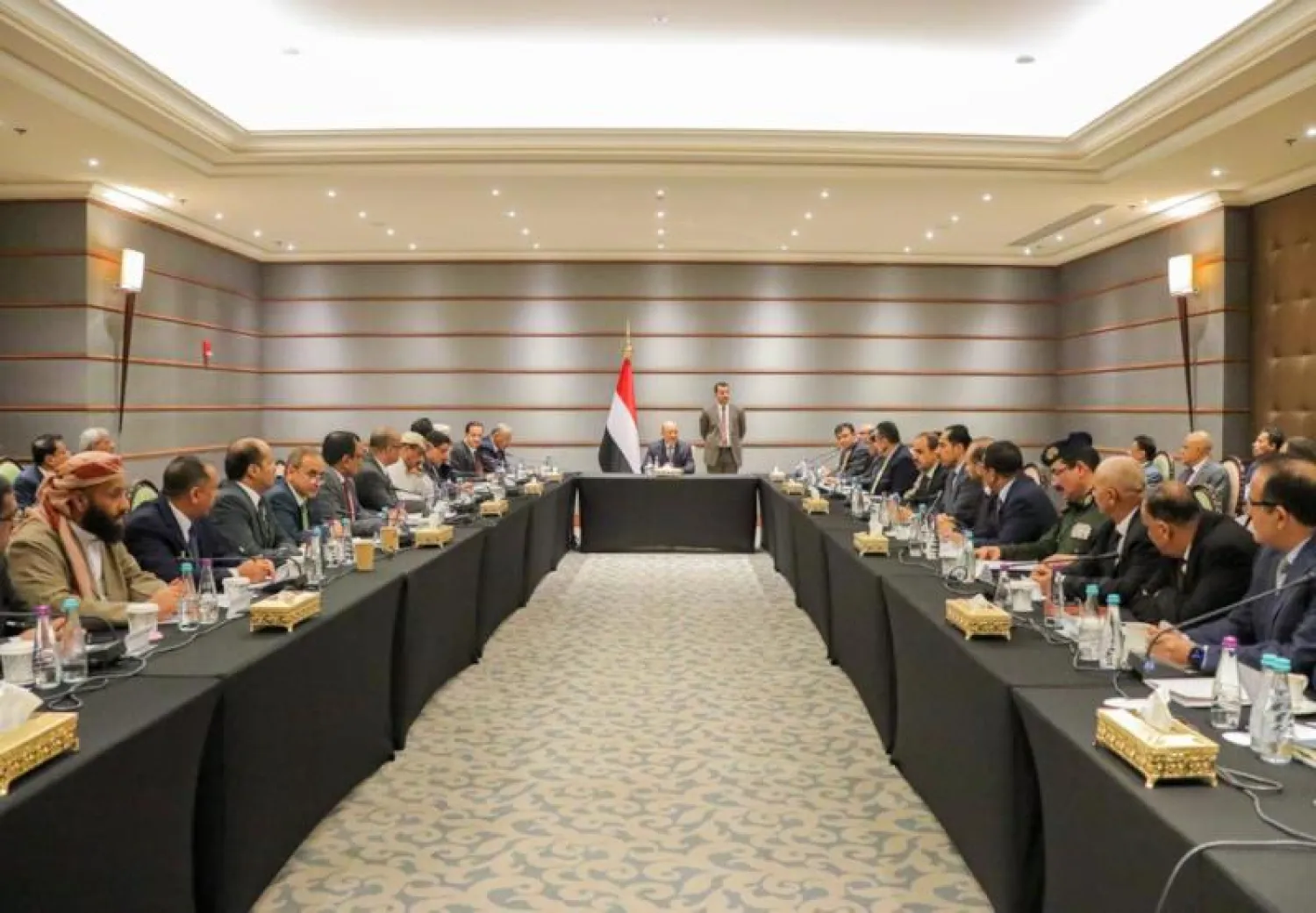
Settling Scores
On the credibility of the reports circulated in the media, Yemeni writer and political analyst Nabil al-Bakiri said that “these leaks are not true, and according to my communication with leaders in the Yemeni parties, they confirmed to me that the information in these reports is false.”
“Those behind these rumors are certain parties aligned with legitimacy and at the same time with the opposition, though I will not name them. Consequently, some of their affiliated media outlets and figures in conflict with legitimacy have been pushing this narrative,” al-Bakiri told Al-Estiklal.
“By spreading such rumors now, these parties aim to provoke clashes among the forces of Yemeni legitimacy. The purpose of these leaks is to settle internal scores, and they have nothing to do with external actors.”
Nashwan al-Othmani, journalist and managing editor of the Yemeni site Yemen Future, said that “many of these rumors are exploited for political squabbles rather than serving professional journalism. According to our consistent information, there is no such proposal of this kind.”
The site belqees quoted al-Othmani on August 28 as saying that “party leaders or the National Bloc have not met with the Saudi side, but they have met with President Rashad al-Alimi around three times over the past few months. How could a proposal be submitted to an external party without first consulting the legitimate leadership?”
“The system within the national or republican camp, represented by the Presidential Leadership Council, is experiencing differences and divisions, and that is undeniable, but they will not go so far as to take positions that undermine unity at this critical stage.”
According to al-Othmani, “criticism is important, but fueling divisions and exaggerated media promotion does not serve Yemenis or the republican camp. It is natural to have differing views, even reservations, but these should not be turned into a crisis managed through the media.”
“There are now reforms that have revived hopes. We were critical of the Presidential Council when matters were deteriorating, but with recent developments it is important to note the improvements and encourage continuity, rather than creating confusion and suspicion.”
Earlier, Yemeni writer and political analyst Abdul Baqi Shamsan told Al-Estiklal in an interview published on June 24 that “the council was from the outset founded on regional compromises, and its composition reflects these balances at the expense of national unity.”
“The nation requires a unified diversity that reflects the Yemeni national reality, and such unity in diversity should serve a national goal. But when it becomes a response to regional demands, it leads to conflicting interests, which is precisely what is happening now.”
“This diversity within the Presidential Leadership Council does not reflect the aspirations of the Yemeni people, but rather the interests of regional states seeking to secure their influence in Yemen. That is why these conflicts must be understood within their natural context,” Shamsan said.
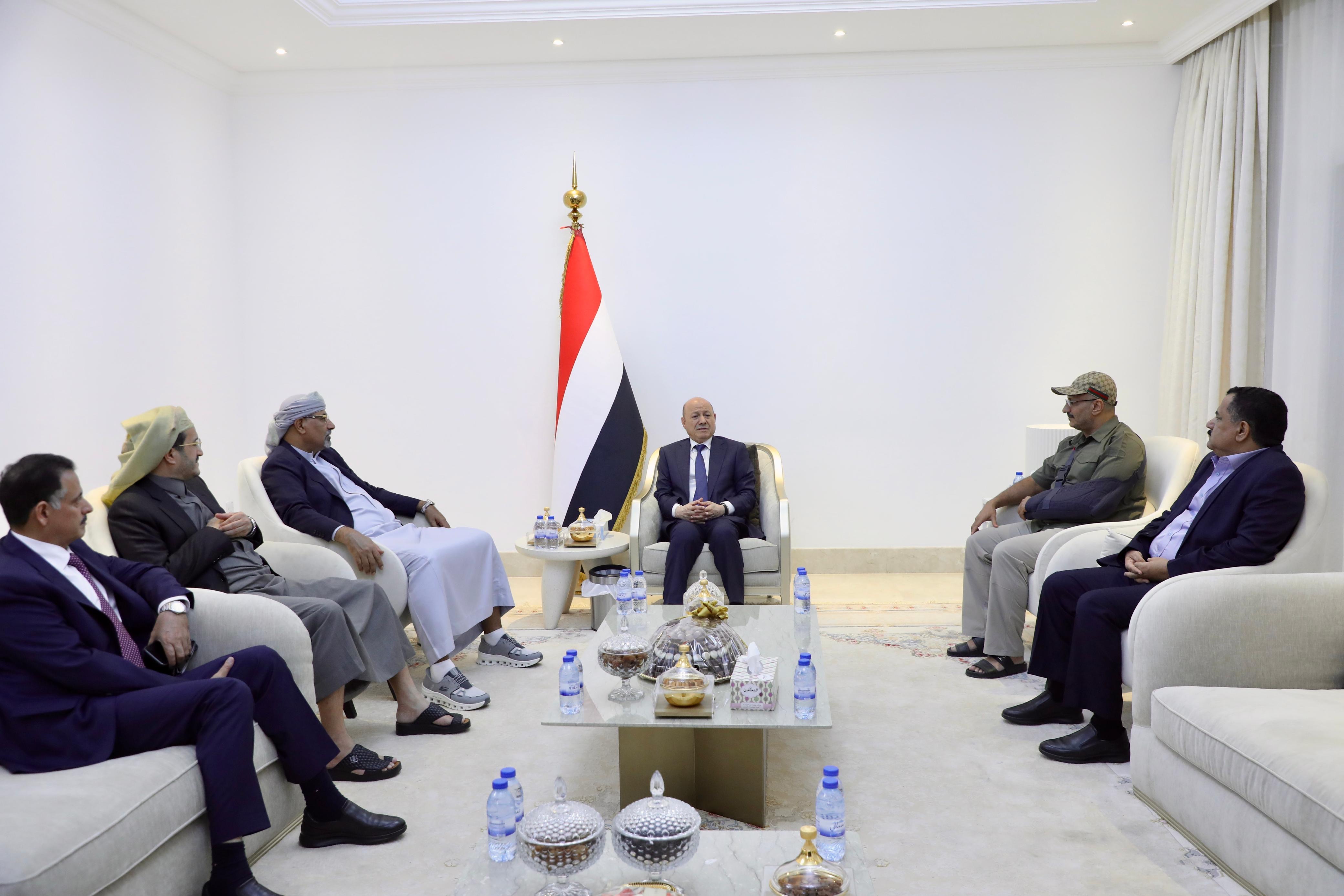
Previous Crises
Talk of rifts within the Presidential Leadership Council is not new. A previous crisis flared after the political office of the “Yemeni National Resistance,” led by council member Tareq Saleh, issued a statement lashing out at the council’s president, Rashad al-Alimi, accusing him of “exclusion and discrimination.”
The statement, released on June 24, accused al-Alimi of bypassing the constitutional and legal framework through the meetings he convenes, and demanded that these be corrected.
It noted that he had been holding discussions affecting citizens’ lives without the participation of the relevant institutions.
It stressed that al-Alimi’s actions amounted to a breach of constitutional responsibilities and a source of state weakness, rejecting his recent meeting with leaders of the Consultation Authority and a number of party figures.
While the statement described al-Alimi’s policy of inviting political actors as “selective,” it insisted that such an approach offered no real solutions, but rather deepened divisions and weakened official institutions.
It called for a review of current policies to ensure the participation of all national partners without exclusion or discrimination, in order to safeguard national consensus.
It warned that continuing along the same path risked further weakening state institutions and entrenching practices that undermine the principle of national partnership.
Al-Alimi acknowledged the existence of differences and divisions within the council, against the backdrop of a suffocating crisis and worsening living conditions in the country, compounded by the absence of any solutions to address the collapse of the currency and the breakdown of services in government-controlled areas.
During a meeting with leaders of the “Supreme Council of the National Bloc of Parties and Political Components” on June 30, Rashad al-Alimi said there had been “important gains related to the council’s mandate under the power transfer declaration, most notably the council’s unity and cohesion around a common goal and a common enemy.”
Yemen’s state news agency Saba also quoted al-Alimi as saying, “It is true there are some differences,” without elaborating, “but the council’s components are competing for leadership in the fight against the Houthi movement.”
“We are facing one of the most complex stages the Yemeni state has ever known in its modern history, and it would not have been possible to withstand it without the patience of the Yemeni people and the support of our brothers in the Coalition to Support Legitimacy.”
Al-Alimi stressed the council and the government were committed to keeping channels of communication open with all political forces.
He added that “the state does not treat parties as a public audience for display, but as partners who monitor and share the burden.”
In early May 2022, a dispute broke out between al-Alimi and Aidarous al-Zubaidi after the latter issued directives to replace commanders of army brigades loyal to the government in Abyan province without referring to the president of the council. The decision was later suspended.


